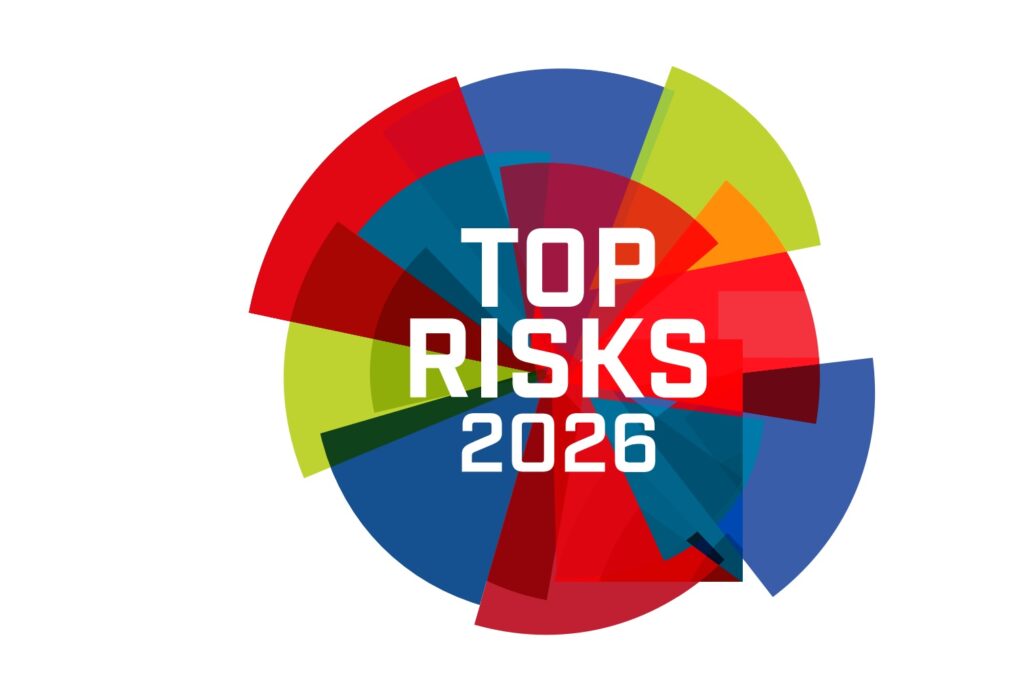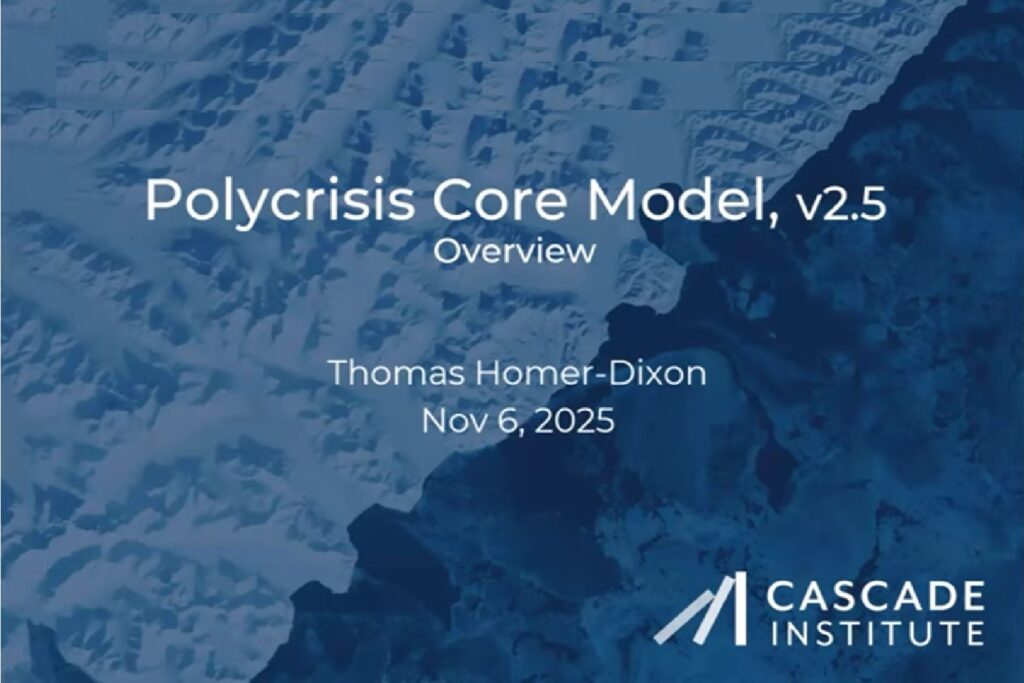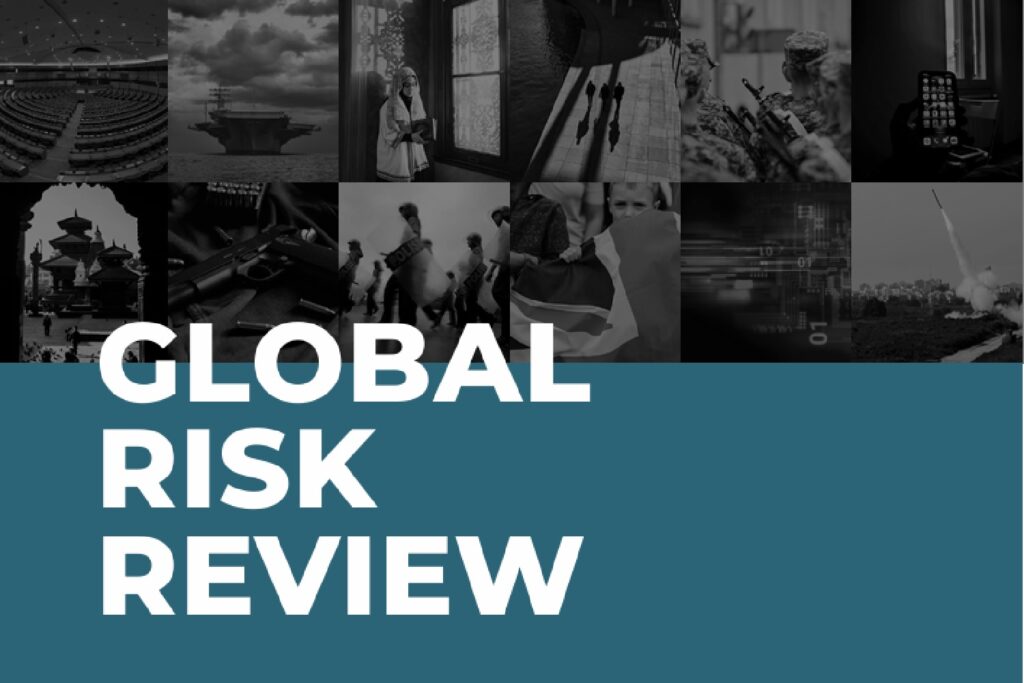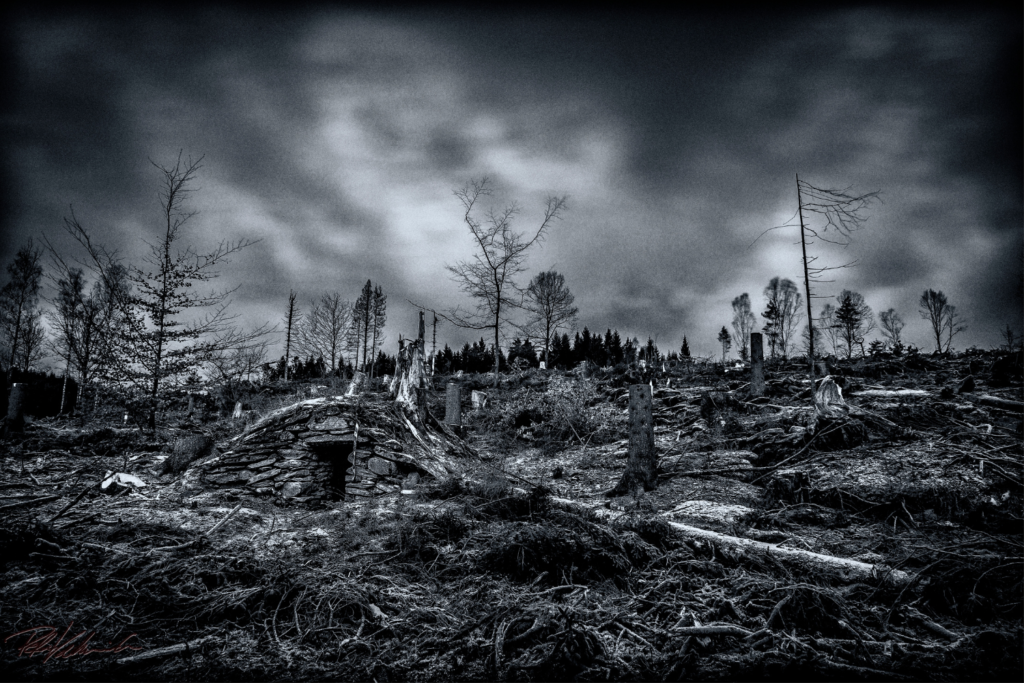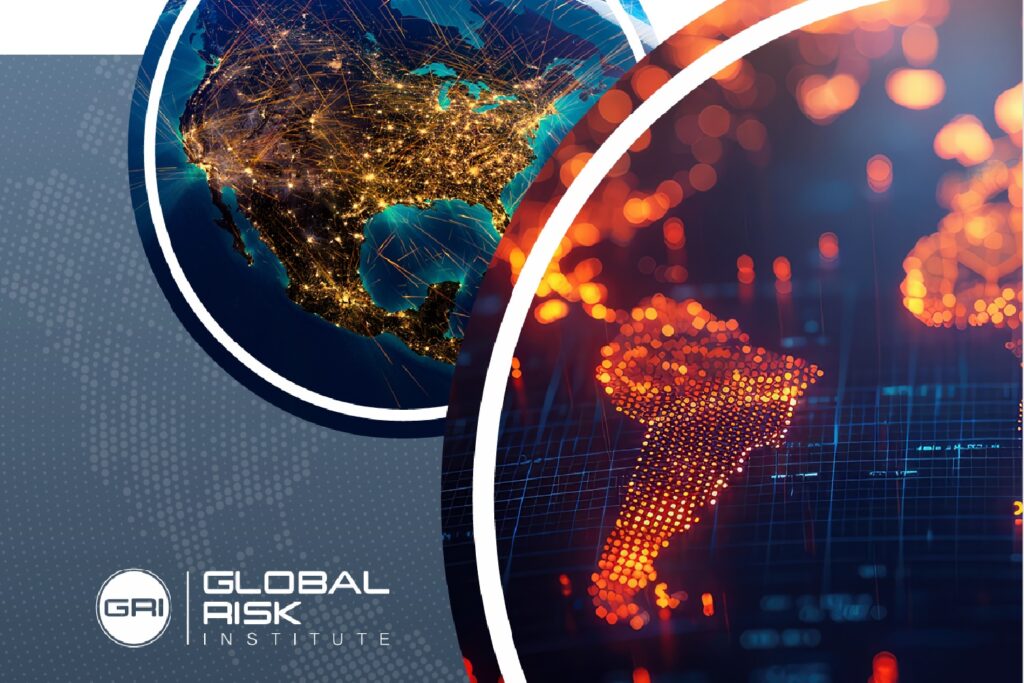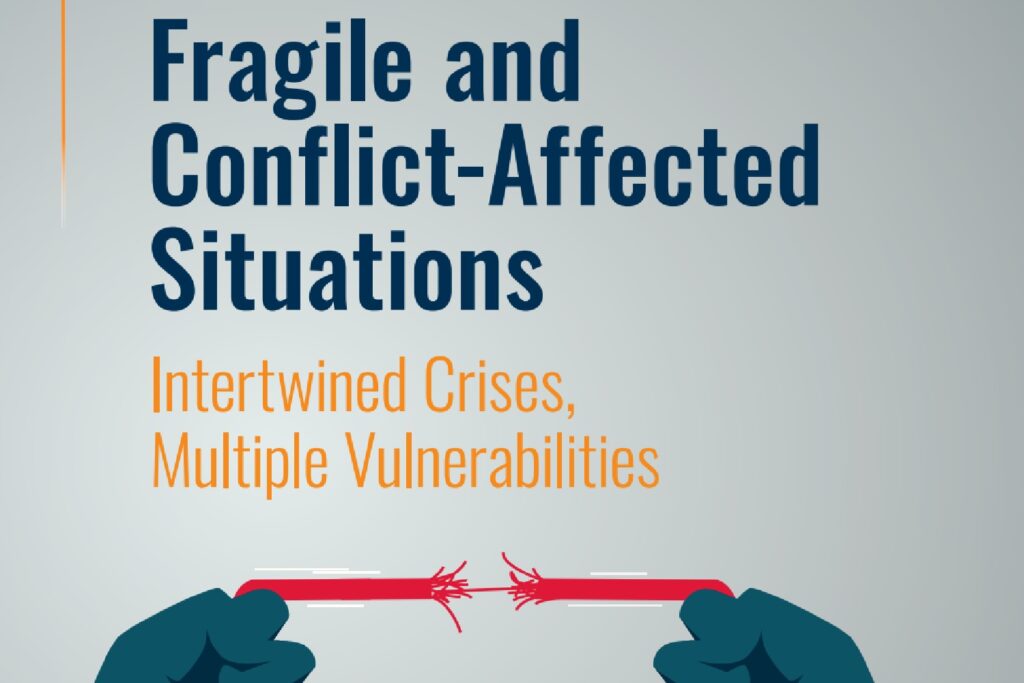Immigration, War, Economic Collapse: Will the Global Order Change in 2026?
This article presents Fair Observers’s 2026 geopolitical outlook using a Social, Political, Economic, Religious, and Military framework. The authors argue that overlapping global stresses, immigration pressures, democratic dysfunction, economic fragility, and strategic rivalry, are accelerating institutional erosion. The analysis outlines key global risk dynamics, including the rise of far-right movements in Europe, increasing state fragility, […]
Immigration, War, Economic Collapse: Will the Global Order Change in 2026? Read More »



